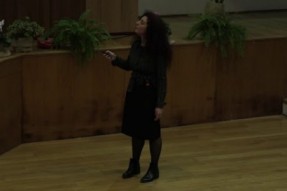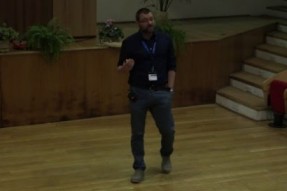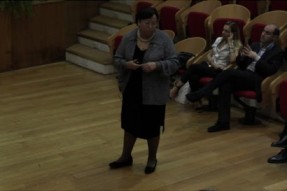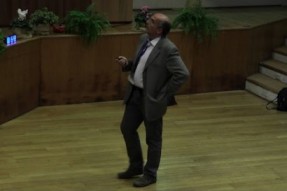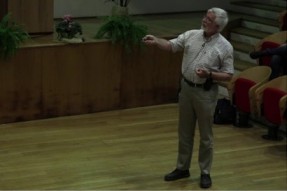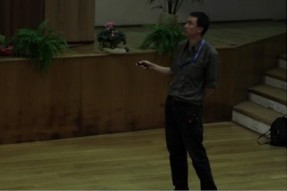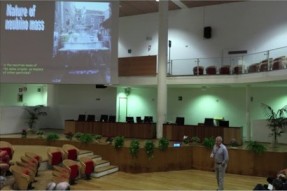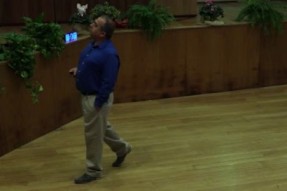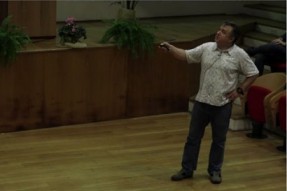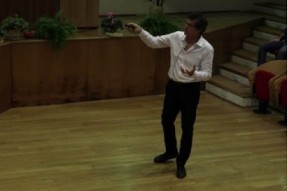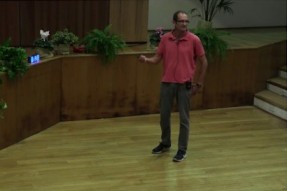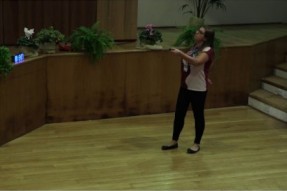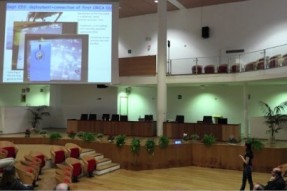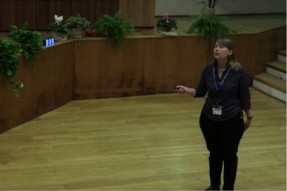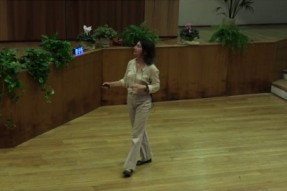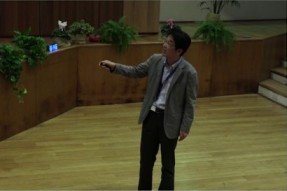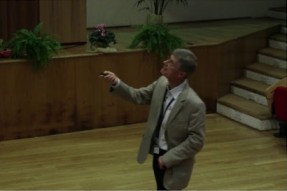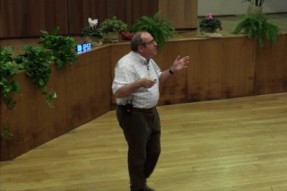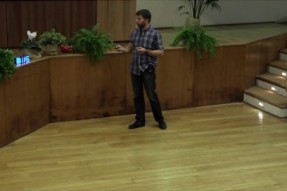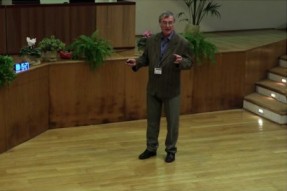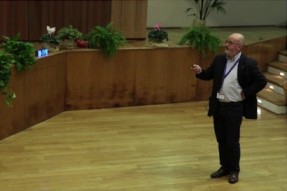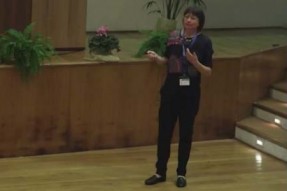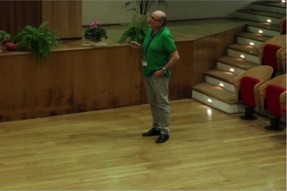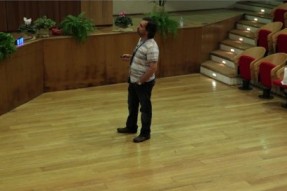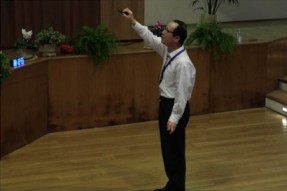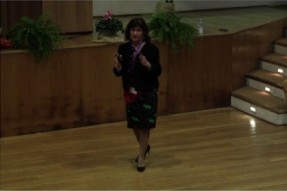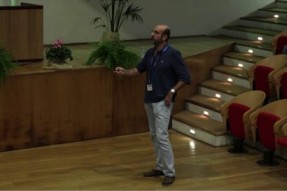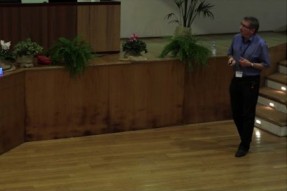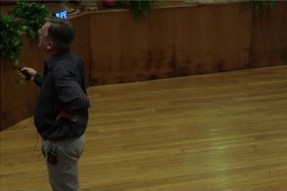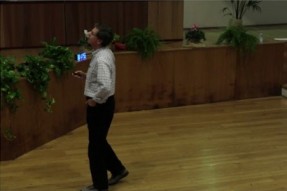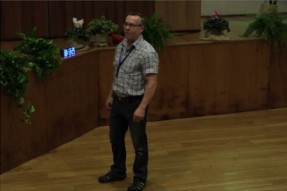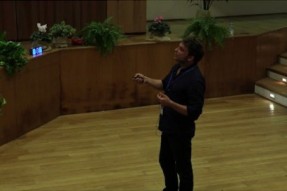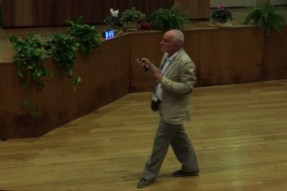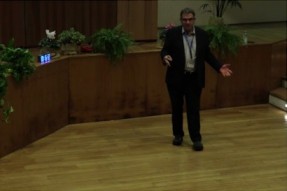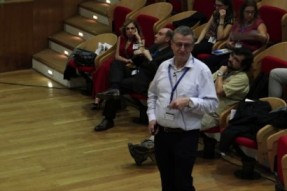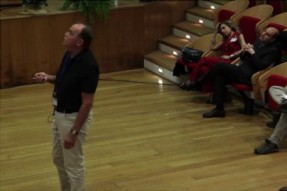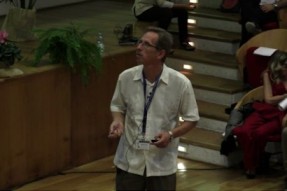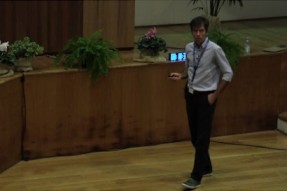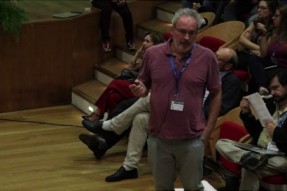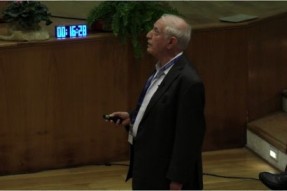Precision nuclear mass measurements: present and future for nuclear structure, astrophysics and neutrino physics studies
Klaus Blaum (Max Planck Institute, University of Heidelberg, Germany)
The mass of the nucleus reflects the total energy of this many-body system and thus is a key property for a variety of nuclear structure and fundamental investigations. Penning-trap mass spectrometry has pushed in recent years the limits of sensitivity, resolution and accuracy tremendously. This has not only allowed to access exotic species very far from the valley of beta-stability but also to reach meV/c² uncertainties in mass determination of specific radionuclides.
The mass accuracy achieved even for very short-lived species in the ms half-life regime and below allowed, e.g., to probe the shell structures and their evolution toward the neutron dripline or to perform in some regions fine examinations of the mass surface. This includes many exciting results like, for instance, the establishment of a new, prominent shell closure at neutron number N=32, in excellent agreement with theoretical calculations.
In addition, with the nowadays achievable accuracy in Penning-trap mass spectrometry on short-lived exotic nuclides, precision fundamental tests can be performed, among them a test of the Standard Model, in particular with regard to the weak interaction and the unitarity of the Cabibbo–Kobayashi–Maskawa quark mixing matrix. Furthermore, accurate mass values of specific nuclides are important for nuclear astrophysics and neutrino physics as well as for the search of physics beyond the Standard Model.
In this review, recent trends in the determination of nuclear masses, their impact on nuclear structure, nuclear astrophysics and neutrino physics studies as well as in the development of Penning-trap mass spectrometry will be presented.
"CNNP 2017 - Conference on Neutrino and Nuclear Physics" (Catania, 15-21 October 2017)
Vedi anche
- Bellezze e sporcizia nell'Universo
- Simmetria: la ricerca di ordine in natura
- Structure of proton-rich nuclei via mirror beta decay and charge exchange reactions
- Developments and applications of Micro-Pattern Gaseous Detectors (MPGD): a concise review
- Novel approaches to the nuclear physics of double beta decay
- DAMA/LIBRA results and perspectives
- The SOX experiment at LNGS for the search of sterile neutrinos
- The HALO and HALO-1kT Supernova Detectors
- Low-energy neutrino experiment at Jinping
- Theory of neutrino masses and mixing
